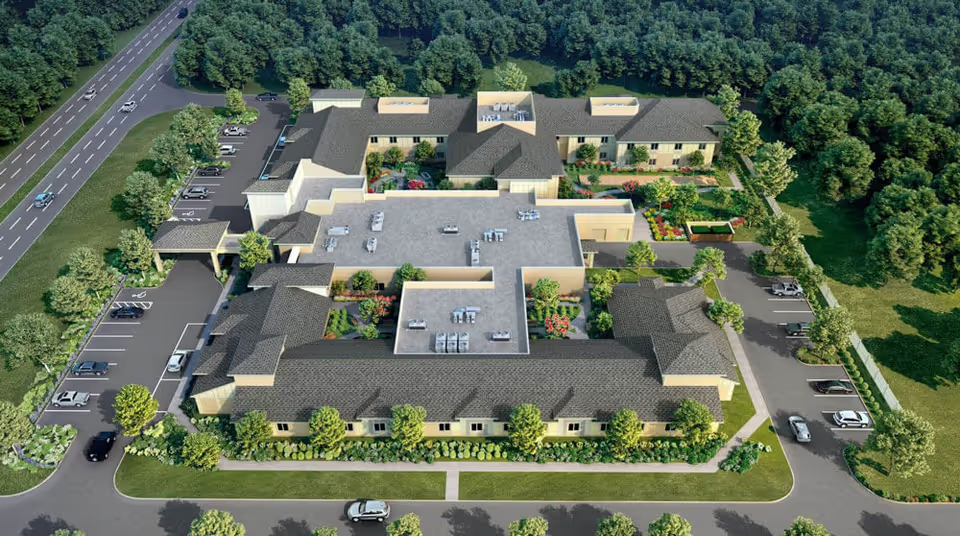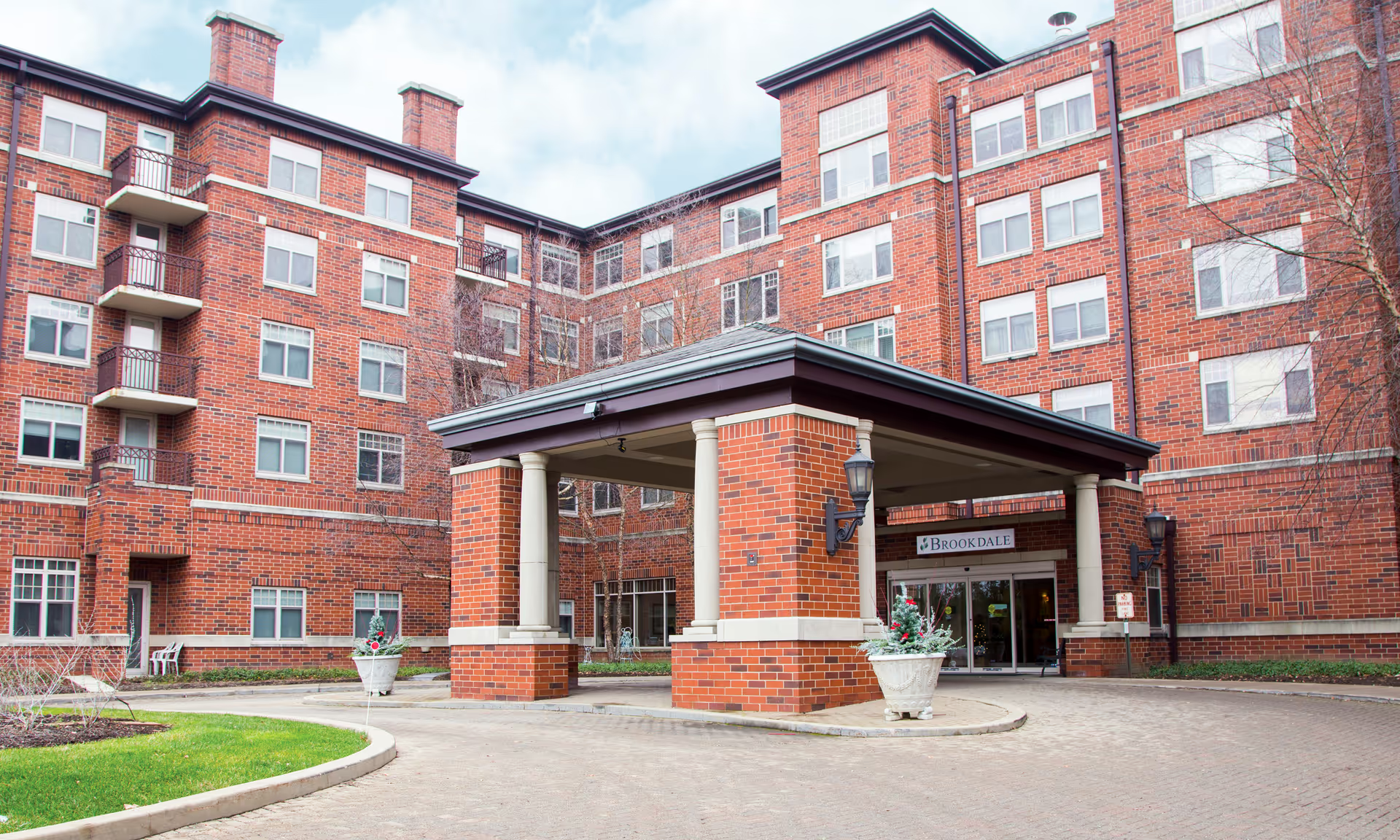Overall sentiment across these reviews is predominantly positive about the caregiving staff and clinical outcomes, with a handful of serious administrative and facility-related concerns that recur enough to warrant attention. Reviewers consistently praise the people who provide day-to-day care — nurses, caregivers, and doctors receive repeated commendations for being compassionate, communicative, and effective. Several families report that rehab care helped a loved one make meaningful progress, and long-term residents and their families describe sustained loving care over years. There are multiple explicit recommendations of the facility based on the quality and warmth of staff interactions.
Care quality and staff: The reviews overwhelmingly highlight the competence and kindness of clinical and caregiving staff. Nurses are noted for regular updates, and doctors are described as attentive and exemplary. Caregivers are characterized as talented and loving; families mention that the staff greeted residents and visitors with smiles and kind words and helped maintain residents' spirits. An administrator is singled out for going out of his way to help, suggesting that some members of management are strongly engaged and supportive. These positive comments appear frequently and consistently, making staff quality the strongest theme across the reviews.
Facilities and location: Several reviewers mention the physical attributes of the facility. The building is described as older and not modern or luxurious; some reviewers were initially apprehensive about the age and location. One review notes that the facility is far from the reviewer’s location, which may be a meaningful drawback for families who need frequent visits. While condition and luxury are noted as limitations, reviewers do not generally link those traits to poor care; rather, they frame the facility as functional and staffed by people who compensate for less contemporary surroundings.
Dining and rehabilitation: Dining receives positive, if brief, mention — specifically “good food.” Rehabilitation services are highlighted positively in multiple reviews: residents who came for rehab made progress, and families were pleased with the therapy outcomes. These operational positives complement the praised clinical and caregiving staff, reinforcing that therapeutic and daily-life services function well.
Management, communication, and serious concerns: Despite many positives, there are notable and serious negative incidents reported. The most acute administrative complaint is an account of a family being refused admission after having confirmed a room — turned away without notice and with poor communication. That incident includes an allegation of perceived bias in admission decisions and is described as “appalling” by the reviewer. Another serious complaint involves the theft of a resident’s wedding ring and a manager’s dismissive (reported as laughing) response when informed. These two issues—breakdowns in admission communication/procedures and inadequate responses to lost or stolen personal property—are distinct from clinical care but significantly affect families’ trust and sense of safety. Additionally, while one administrator is praised for being helpful, at least one reviewer experienced what they perceived as inconsistent or inadequate managerial responsiveness. Together, these management and process issues represent the main patterns of dissatisfaction.
Patterns and implications: The dominant pattern is a facility with strong frontline caregiving and clinical teams that deliver compassionate, effective care and keep families informed, contrasted with intermittent but significant lapses in administrative processes and building amenities. Prospective families can likely expect warm, competent day-to-day care and reasonable meals, and many reviewers would recommend the center based on clinical outcomes and staff demeanor. However, they should also be cautious about admissions logistics, personal-property safeguards, and variable management responses. The combination of repeated praise for staff and a few severe administrative complaints suggests the facility’s culture of caregiving is a major asset, but operational policies (admissions confirmation, property handling, managerial accountability) would benefit from review and improvement.
Recommendations based on reviews: For families — verify admission details in writing and maintain close communication on arrival day; check visiting logistics given the facility’s distance if applicable; discuss property security policies and inventory valuables before admission. For the facility — strengthen admissions confirmation processes and transparency, review and tighten personal-property safeguards and incident response protocols, and ensure consistent, respectful managerial behavior when issues arise. Addressing these administrative weaknesses would align operational reliability with the strong clinical and caregiving strengths repeatedly praised in the reviews.







